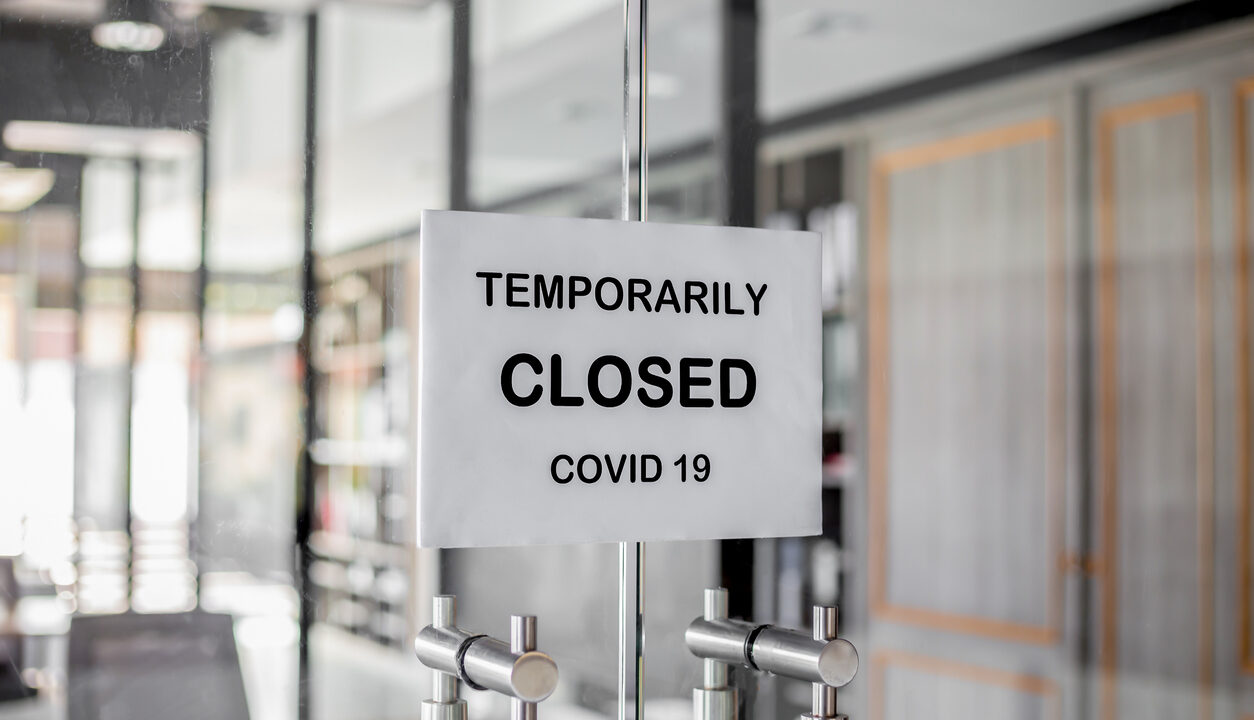Press Release

Two-Year Anniversary of Gov. Wolf’s Shutdown
March 18, 2022, Harrisburg, Pa. — This weekend marks two years since Gov. Tom Wolf’s arbitrary, unilateral shutdown of Pennsylvania’s “non-life-sustaining” businesses. On March 19, 2020, Wolf ordered all businesses to close unless they were “life-sustaining” or had a special waiver to reopen.
Two years later, Pennsylvania small businesses are still struggling, and our commonwealth ranks among the worst states for economic recovery.
In 2020, over 42,000 businesses applied to stay open but then faced what Auditor General Eugene DePasquale described as “a subjective process built on shifting sands of changing guidance.” The state approved and denied businesses waivers without explanation, and changed the waiver status of over 500 businesses over the course of the shutdown.
“The governor’s arbitrary business shutdown defied standards other states used, and in many ways defied common sense,” said Nathan Benefield, Senior Vice President of the Commonwealth Foundation. “Wolf overturned decades of check and balances with the unilateral, secretive criteria he used to shutter businesses.”
Pennsylvania was second only to Michigan in the number of businesses that closed due to a government order at some point during 2020. In April 2020, the state’s employment rate fell 27 percent compared to January 2020 levels. Low-wage workers bore the brunt of unemployment increases.
“Pennsylvania’s economy has still not fully recovered from the governor’s draconian shutdown,” said Benefield. “Pennsylvanians experienced one of the largest economic contractions in the country and still have not recovered all jobs lost during the pandemic shutdown.”
As of January 2022, Pennsylvania has the fourth highest unemployment rate in the nation, trailing only Alaska, California, and New Mexico. There are 235,000 fewer jobs in Pennsylvania today than when the pandemic began in February 2020.
Many small businesses and their employees will never recover from the shutdown order. Compared to January 2020, 32 percent of small businesses in Pennsylvania remain temporarily or permanently closed.
Lawmakers can improve Pennsylvania’s recovery with reforms that spur business activity and limit excessive state spending. The legislature and governor should act to:
- Pass the Taxpayer Protection Act to create constitutional state spending limits.
- Pass comprehensive regulatory reform to help small businesses stay open.
- Make COVID-19 regulatory waivers permanent, such as the ones that provide expanded access to healthcare.
- Jump-start hiring with small-business tax relief.
Commonwealth Foundation experts are available for comment. Please contact Stefanie Mason [email protected] or 414-418-5132 to schedule an interview.
# # #
The Commonwealth Foundation transforms free-market ideas into public policies so all Pennsylvanians can flourish.